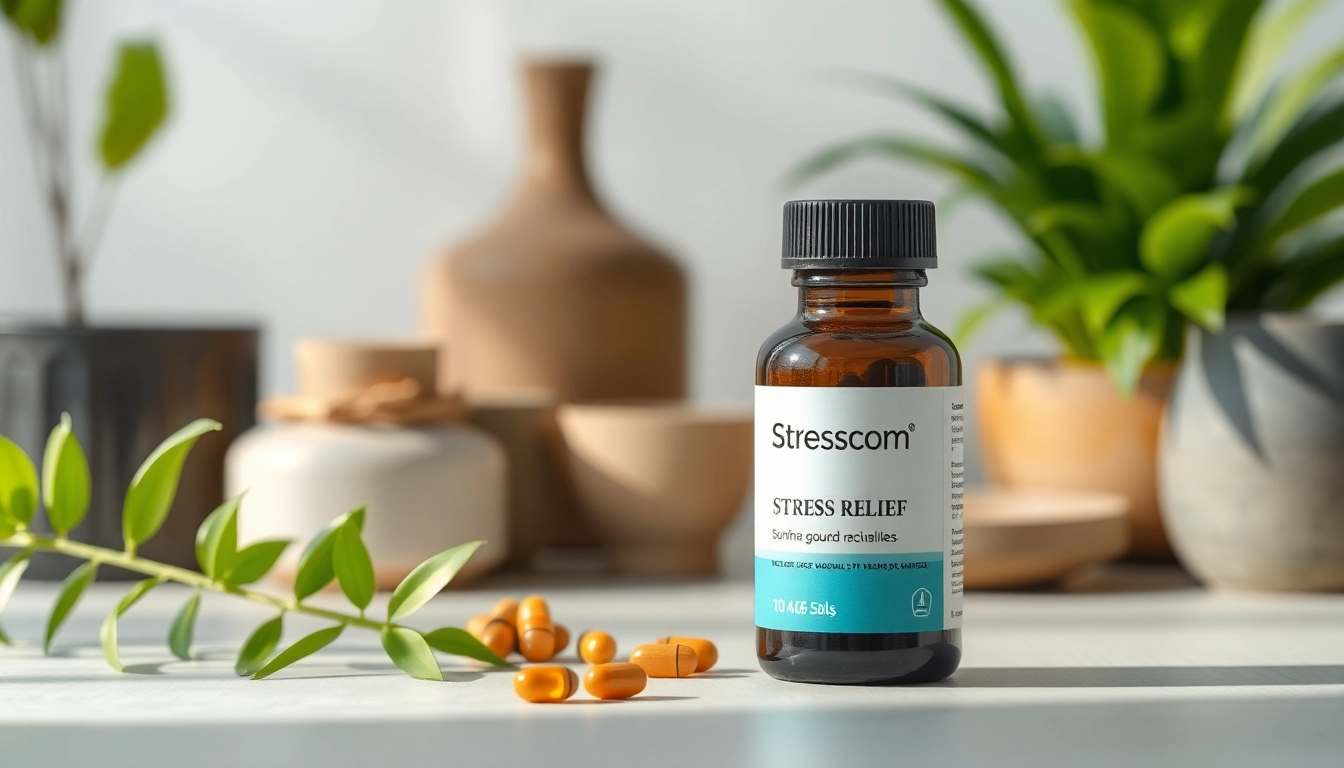Understanding the Importance of Post-Workout Recovery
After an intense workout, many individuals tend to overlook the critical phase of recovery, mistakenly believing that their job ends as soon as they leave the gym or finish exercising. However, post-workout recovery plays a vital role in optimizing results, preventing injury, and facilitating muscle growth. This article delves deeply into the significance of post-workout recovery, how to achieve it effectively, and what steps you can take to ensure your body gets the nourishment and care it deserves.
What Happens to Your Body After a Workout
During a workout, your body goes through various physiological changes. Muscles experience micro-tears as a result of exertion, and glycogen stores become depleted. This is where the importance of recovery comes into play. Post-exercise, the body prioritizes repairing the damaged fibers, replenishing energy stores, and rehydrating. Missing out on appropriate recovery can lead to extended muscle soreness, fatigue, and, in the long term, hindered physical performance.
Key Benefits of Post-Workout Nutrition
Providing your body with the right nutrients immediately after exercise is crucial for effective recovery. Proper post-workout nutrition serves several purposes:
- Enhances Muscle Recovery: Consuming protein helps repair muscle fibers and promotes growth.
- Replenishes Glycogen Stores: Carbohydrates help restore energy levels necessary for future workouts.
- Reduces Muscle Soreness: Adequate nutrition aids in lowering the levels of muscle soreness post-exercise.
- Supports Immune Function: Exercise can temporarily suppress the immune system; adequate nutrition can mitigate this effect.
The Role of Hydration in Recovery
Hydration is another essential aspect of post-workout recovery. During exercise, you lose fluids and electrolytes through sweat, which can negatively impact performance and recovery if not addressed. Here are a few ways hydration supports recovery:
- Prevents Dehydration: Maintaining fluid balance helps in the circulation of nutrients to cells.
- Aids in Muscle Recovery: Water facilitates the transport of nutrients necessary for muscle repair.
- Eliminates Toxins: Proper hydration aids in flushing out toxins produced during intense physical activity.
Essential Nutrition for Post-Workout Recovery
The food you consume after your workout is not just a choice; it’s a decisive factor in your recovery process. Selecting the right combination of nutrients is essential for maximizing recovery benefits.
Best Foods to Consume After Exercise
To facilitate efficient recovery, include a mix of carbohydrates and protein in your post-workout meal. Here are some nutritious options:
- Grilled Chicken or Turkey: Lean protein sources promote muscle repair.
- Fish: Packed with omega-3 fatty acids, fish aids in reducing inflammation.
- Quinoa: A great source of both protein and carbohydrates for sustained energy.
- Greek Yogurt: Rich in protein and probiotics, it supports gut health.
- Fruits: Bananas and berries are excellent choices for replenishing glycogen and providing essential vitamins.
Importance of Protein and Carbohydrates
Protein and carbohydrates play complementary roles in your post-workout nutrition. While protein builds and repairs tissues, carbohydrates replenish glycogen stores. Generally, a protein-to-carb ratio of 1:3 is deemed effective for recovery. For instance, a protein shake blended with a banana or a serving of Greek yogurt with granola can effectively meet these needs.
Timing Your Post-Workout Meal
While nutrient quality is critical, timing can be just as important. Ideally, you should aim to consume your post-workout meal within 30 to 60 minutes of completing your session. This timeframe, often referred to as the “anabolic window,” is when your muscles are most receptive to nutrients and can utilize them most effectively. Delaying this meal can lead to slower recovery and loss of muscle mass.
Effective Techniques for Post-Workout Muscle Relief
Beyond nutrition, there are several practical techniques for easing muscle soreness and enhancing recovery. Integrating these methods can significantly improve how your body feels post-exercise.
Stretching Routines for Better Flexibility
Stretching is vital for maintaining flexibility and preventing stiffness after workouts. Engaging in static stretching for major muscle groups post-exercise can facilitate blood flow, which in turn aids recovery. Hold each stretch for at least 15-30 seconds, focusing on the areas worked during your session.
Foam Rolling and Its Benefits
Foam rolling, or self-myofascial release, is a technique that helps relieve muscle tightness, soreness, and inflammation. By applying pressure to specific muscle areas, foam rolling enhances blood circulation and breakdown of scar tissue. It is recommended to foam roll each major muscle group for 1-2 minutes, focusing on any tight spots.
Low-Impact Exercises for Recovery
Incorporating low-impact exercises such as walking, yoga, or swimming can enhance your recovery process. These activities promote blood flow to muscles without putting excessive strain on them, helping to relieve soreness and stiffness. Aim for at least 30 minutes of light activity on recovery days to maintain circulation and support overall recovery.
Post-Workout Supplements Explained
For some, dietary supplements can be a useful addition to post-workout recovery strategies. Understanding their purpose and proper use is essential for maximizing their potential benefits.
Common Supplements for Muscle Recovery
There are several supplements known to aid in post-workout recovery, including:
- Protein Powder: Convenient and effective for muscle repair, particularly whey or plant-based proteins.
- Branched-Chain Amino Acids (BCAAs): Helps reduce muscle soreness and promotes muscle growth when taken post-exercise.
- Creatine: Supports muscle recovery and enhances strength in subsequent workouts.
- Fish Oil: Provides omega-3 fatty acids which can help reduce inflammation.
Evaluating the Need for Supplements
Before incorporating supplements into your routine, evaluate your overall diet and specific fitness goals. For many, whole foods can meet the necessary requirements for recovery without the need for extra supplementation. However, those engaged in more rigorous training may benefit from targeted supplementation to support their goals.
How to Choose Quality Supplements
When selecting supplements, consider the following guidelines:
- Quality Over Quantity: Choose products from reputable brands that have been third-party tested for purity and efficacy.
- Read Labels: Avoid supplements with added sugars, fillers, or artificial ingredients.
- Consult Professionals: Always consult a healthcare provider or registered dietitian before adding new supplements to your regimen.
Creating a Personalized Post-Workout Recovery Plan
To maximize the benefits of your recovery strategies, design a tailored plan that aligns with your fitness goals, diet preferences, and lifestyle.
Assessing Your Fitness Goals
Your recovery plan should begin with a clear assessment of your fitness goals—whether you aim to lose weight, build muscle, or improve endurance. By understanding what you wish to achieve, you can create a recovery plan that directly supports those objectives.
Implementing Strategies That Work for You
Incorporate the strategies discussed in this article into your routine. This may include meal prepping your post-workout nutrition, scheduling hydration reminders, or setting aside time for stretching and lower-impact activities.
Monitoring Progress and Adjustments
Finally, continuously monitor your performance and recovery progress, adjusting your plan as necessary based on how your body responds. Keep track of changes in energy levels, muscle soreness, and overall recovery. This dynamic approach ensures that your methods remain effective as your body adapts.
Conclusion
Prioritizing post-workout recovery is not just necessary—it’s foundational for achieving your fitness goals sustainably and effectively. By understanding the physiological needs of your body, embracing proper nutrition, and incorporating effective recovery techniques, you equip yourself for success. As you integrate these practices into your routine, remember to listen to your body and adapt as needed. Your long-term investment in recovery is the key to unlocking your full potential in the gym and beyond.














Leave a Reply